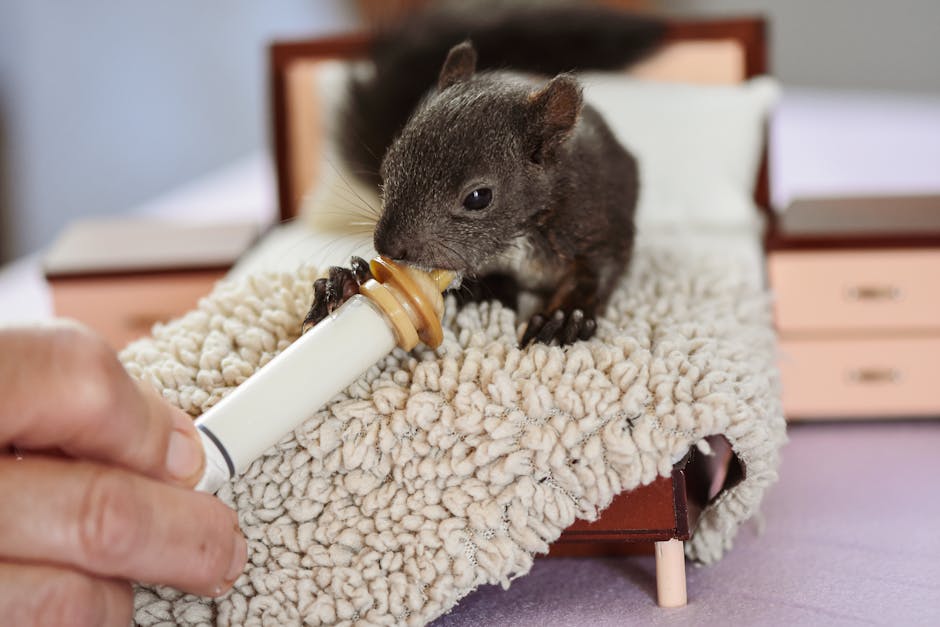A cornerstone of responsible pet ownership lies in providing holistic care, encompassing nutrition, exercise, enrichment, and, critically, regular veterinary check-ups. While many pet owners prioritize the immediate needs of their furry companions, the significance of consistent veterinary visits often gets overlooked, yet understanding their importance is fundamental to a pet’s long-term health and happiness. This article delves into the multifaceted reasons why regular veterinary care is an essential aspect of a pet’s life, examining the preventative, diagnostic, and therapeutic advantages it offers.
A proactive approach to pet health, rather than a reactive one, is significantly enhanced by regular veterinary check-ups. These appointments are not just about addressing existing problems; they are crucial for early detection of potential health issues. A veterinary professional can identify subtle signs of illness that may go unnoticed by the average pet owner. Early identification often means early intervention, significantly increasing the chances of successful treatment and ultimately, preventing more severe complications down the road. For instance, a seemingly minor cough in a young dog could be a symptom of a respiratory infection. A prompt veterinary visit enables accurate diagnosis and treatment, avoiding further progression of the disease and potentially serious long-term health consequences.
Proactive health monitoring goes beyond simple symptom checks. Regular examinations allow for the development of a comprehensive health profile for the pet. This personalized record tracks vital signs, vaccination history, and past medical conditions, creating a valuable resource for both the owner and the veterinarian. This detailed history proves invaluable when dealing with future issues. Should a pet exhibit unusual behaviour or display symptoms, the veterinary record provides crucial context for diagnosis, allowing for a more precise and rapid treatment plan.
Furthermore, preventative measures are a key component of a well-rounded veterinary care routine. Vaccinations are a prime example. By administering age-appropriate vaccinations, veterinarians protect pets against a range of infectious diseases. These diseases can be devastating, causing significant discomfort and potentially leading to irreversible damage or even death. Routine vaccinations not only shield individual pets but also contribute to community-wide disease control. When a majority of pets are vaccinated, the risk of outbreaks is significantly reduced, safeguarding both protected individuals and the broader pet population.
Beyond vaccinations, crucial preventive care includes parasite control. Fleas, ticks, and internal parasites can cause a range of problems, including skin irritation, anaemia, and even more severe conditions. Regular veterinary guidance on parasite prevention strategies, along with the administration of appropriate medication, is paramount in maintaining a pet’s optimal health.
The significance of veterinary care also encompasses the identification and management of age-related issues. Geriatric pets, just like their human counterparts, face a range of age-related challenges, such as decreased mobility, dental problems, and even some chronic illnesses. Regular check-ups provide opportunities for assessing these changes and managing them appropriately. Early intervention, proactive management, and adjustment to their care routine can improve their quality of life significantly.
Beyond the preventative aspect, veterinary care is indispensable when dealing with acute illnesses or injuries. Accidents, sudden changes in behaviour, and seemingly trivial issues can quickly escalate into serious medical crises. A prompt and accurate diagnosis, provided by a qualified veterinarian, is crucial for determining the appropriate course of treatment. Veterinarians have the specialized knowledge and tools necessary to treat a wide range of conditions, from broken bones and lacerations to infections and organ dysfunction.
Another crucial reason to prioritize veterinary care is the ongoing support and guidance it provides to pet owners. Veterinarians act as invaluable advisors, offering expertise and tailored recommendations on diet, exercise, and overall well-being. They can help owners understand their pet’s unique needs and provide support during various stages of their lives, including preventative care strategies and lifestyle changes. This education is invaluable for owners wanting to optimize their pets’ quality of life.
The costs associated with veterinary care are often a concern for pet owners. However, the long-term benefits of regular check-ups and preventative care far outweigh the financial investment. Early detection and prompt treatment can often save owners substantial sums of money that might have been spent on more extensive and costly treatments if a condition was allowed to progress. Also, insurance options are available to lessen the financial burden. In the end, the overall cost of neglecting preventative care tends to be far greater than the ongoing expenses associated with a diligent veterinary care plan.
In conclusion, regular veterinary care is an irreplaceable component of responsible pet ownership. It’s not simply about addressing immediate problems, but about proactively fostering optimal health, preventing potential health crises, and ensuring a longer, happier life for our beloved pets. By prioritizing these regular appointments, we’re not just investing in our pets’ physical well-being; we’re also fostering a deeper bond of trust and mutual support, nurturing a relationship that brings immense joy and companionship to our lives. This is why regular visits to the veterinarian aren’t a luxury, but a necessity for the overall wellbeing of our furry companions.
